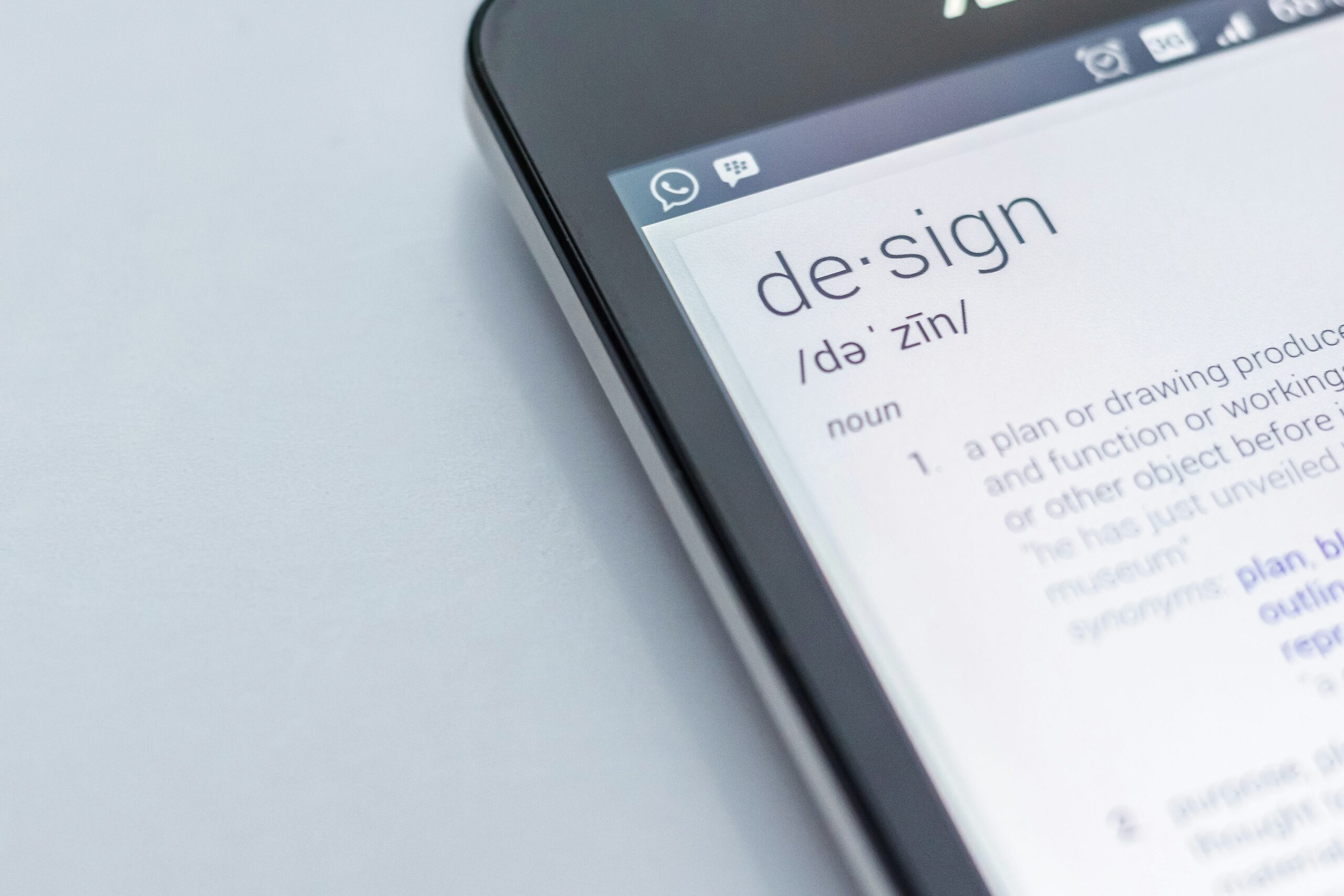Parts of Speech:
- Pronoun (Second Person Singular)
- Meaning: “You”
- Function: Refers to the person being spoken to. It can be used as the subject or for emphasis.
- Example: Ikaw ang akong gipili.
(You are the one I chose.)
- Pronoun (Emphatic)
- Meaning: Used for emphasis when referring to the person being addressed.
- Example: Ikaw ra gyud ang akong nasaligan.
(You are the only one I trust.)
Situations in Which It Is Used:
- Emphasizing the Subject of a Sentence:
- Used to highlight the person being talked to.
- Example: Ikaw ang nagdala sa kalampusan niini nga proyekto.
(You are the one who brought success to this project.)
- In Questions Directed Toward the Listener:
- Used in questions to address the person being spoken to.
- Example: Ikaw ba ang nag-order sa pagkaon?
(Did you order the food?)
- During Conversations to Express Responsibility or Involvement:
- Used when addressing someone directly about their role or participation.
- Example: Ikaw ang magsulti sa meeting unya.
(You will speak at the meeting later.)
Example Sentences:
- Ikaw ba ang nagtawag nako kagabii?
(Were you the one who called me last night?) - Ikaw ang akong inspirasyon nga magpadayon.
(You are my inspiration to continue.) - Gusto nako nga ikaw ang mobiyahe uban nako.
(I want you to travel with me.) - Ikaw ra ang akong saligan sa kini nga butang.
(You are the only one I trust in this matter.)
Short Dialogue:
Characters: Leah and Mark
Leah: Ikaw ba ang nag-organize sa event?
(Are you the one who organized the event?)
Mark: Oo, ako ang nagplano sa mga activities.
(Yes, I planned the activities.)
Leah: Nindot kaayo ang flow, maayo imong pagplano!
(The flow was great, you did a good job planning!)
Mark: Salamat, Leah. Nalipay ko nga nagustuhan nimo.
(Thanks, Leah. I’m happy you liked it.)


Comment